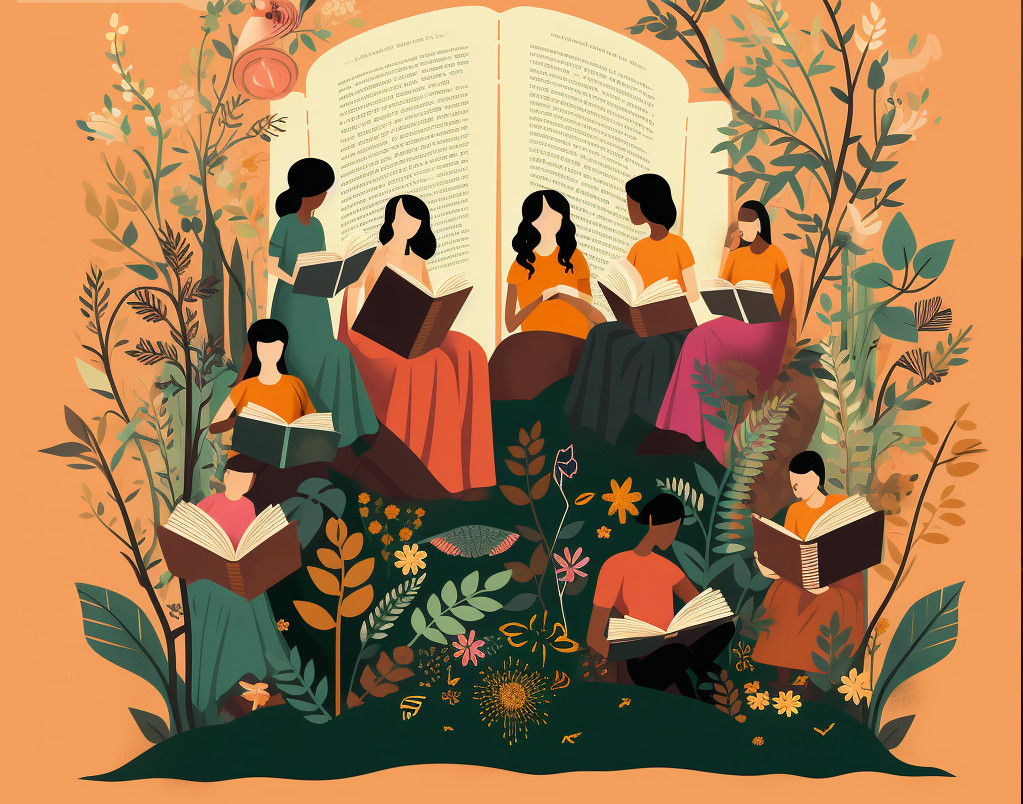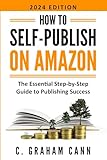Wise Advice for Aspiring Writers
Linda Dominique Grosvenor offers her advice to novice writers.

So you want to be a writer? People are different and have various methods of accomplishing the same result. So, I won't tell you to write every day for at least eight hours. For some of us that's an entire work day. But if you do have a fueling passion to one day be an author, there's no better time like now to start. There is no such thing as "I don't have time to write!"
Ask yourself some legitimate questions:
How many hours per day to do you spend watching television?
How much time do you spend at your computer at home or at work reading or sending email?
How much time do you spend reading magazines or talking on the telephone, catching up with near or distant relatives, family and friends?
I'd say that with the time you spend doing the miscellaneous activities that I've mentioned, you can scoop together an hour at the very least to begin living your dream of being a writer. When you have a dream there is no one that will treat your dream like you will or pull out all of the stops making certain that you will achieve it. Below are a few rules of thumb just to get you started down the road to being a writer.
Read. Read works by other writers. You can't get the feel of how a good novels flow or bad novels flow if you don't read. You also can't determine the genre your "would be" novel would fall into if you don't have anything to compare it to. So read as much as you can.
Read non-fiction too. I highly suggest the Writer's Handbook by Sylvia K. Burack. It is a wonderful tool that no serious writer should be without.
Buy a thesaurus and a dictionary. It isn't wise to use words that you don't know or can't use correctly in a sentence, thus the dictionary. In writing the thing you want to convey most is that you know what you're talking about. The thesaurus will come in handy so you don't get caught up in a limited or redundant vocabulary. You don't want to say, "she's beautiful ...she's beautiful...she's beautiful." You can say, "she's attractive...she's eye-catching...she's gorgeous." Readers love variety.
Mentor. There are many authors who know what it's like to be an aspiring writer. You have some who won't mind helping you through the rough patches, but be careful not to be overly zealous. If your mentor is an author, they need time to dedicate to their craft as well, so be kind when approaching and don't take it personal if they don't have the time to walk you through every inch of the process. Eventually you will find someone who not only has time but a true desire to assist you.
Finally have faith. Have faith in yourself and your work. If you don't it will show and why should someone else believe in you if you don't believe in yourself? Now I'm not saying boast. Be open to criticism and don't take it personally, but do believe in your work enough to not let suggestions make you feel like you shouldn't be writing at all.
A final reminder, writing is a learning process, some have mastered it and some are still trying to find their way, be patient with yourself, and most of all while you will be tempted to publish your story the minute you complete it, always let an editor go through your story with a fine tooth comb to remove any unsightliness rather than have your readers complain about it later on. Hope this bit of advice helps you in your journey and aids you in reaching success.
Linda Dominique Grosvenor is the Best Selling author of several novels including BLOOM, FEVER and LIKE BOOGIE ON TUESDAY (that is now in its 3rd printing). She is affectionately known as the Princess of Guerrilla Marketing. You can get more information on her affordable book promotion seminars at: www.lindadominiquegrosvenor.com
Read These Next
The 7 Habits Of Highly Successful Authors
Studying successful authors reveals that many of them do things in common that contribute to their success in the field. Learning from their experience may help you find success as well.
Focus on Genre: Women’s Fiction
Women’s fiction is a literary genre that focuses on female characters and their experiences, relationships, and challenges, and is typically marketed to women. The boundary lines of where this genre starts and begins are murky, however, and the genre itself is not without controversy.
Are Self-Publishing Companies "Cheating"?
Are self-published authors not "paying their dues?" Are self-publishing services encouraging cheating the system? According to Brent Sampson, they are merely taking advantage of the evolution of the entertainment and business worlds.







 Self-Publishing For Dummies (For Dummies: Learning Made Easy)
Self-Publishing For Dummies (For Dummies: Learning Made Easy) Self Publishing To Amazon KDP In 2023 - A Beginners Guide To Selling E-books, Audiobooks & Paperbacks On Amazon, Audible & Beyond
Self Publishing To Amazon KDP In 2023 - A Beginners Guide To Selling E-books, Audiobooks & Paperbacks On Amazon, Audible & Beyond Self-Publishing: The Secret Guide To Becoming A Best Seller (Self Publishing Disruption Book 2)
Self-Publishing: The Secret Guide To Becoming A Best Seller (Self Publishing Disruption Book 2) How to Self-Publish Your Book: A Complete Guide to Writing, Editing, Marketing & Selling Your Own Book
How to Self-Publish Your Book: A Complete Guide to Writing, Editing, Marketing & Selling Your Own Book Self Publishing To Amazon KDP In 2024 - A Beginners Guide To Selling E-books, Audiobooks & Paperbacks On Amazon, Audible & Beyond
Self Publishing To Amazon KDP In 2024 - A Beginners Guide To Selling E-books, Audiobooks & Paperbacks On Amazon, Audible & Beyond Write. Publish. Repeat. (The No-Luck-Required Guide to Self-Publishing Success)
Write. Publish. Repeat. (The No-Luck-Required Guide to Self-Publishing Success) How to Self-Publish on Amazon: The Essential Step-by-Step Guide to Publishing Success
How to Self-Publish on Amazon: The Essential Step-by-Step Guide to Publishing Success 14 Steps to Self-Publishing a Book
14 Steps to Self-Publishing a Book Self-Publisher's Legal Handbook: Updated Guide to Protecting Your Rights and Wallet
Self-Publisher's Legal Handbook: Updated Guide to Protecting Your Rights and Wallet How To Self-Publish A Children's Book: Everything You Need To Know To Write, Illustrate, Publish, And Market Your Paperback And Ebook
How To Self-Publish A Children's Book: Everything You Need To Know To Write, Illustrate, Publish, And Market Your Paperback And Ebook